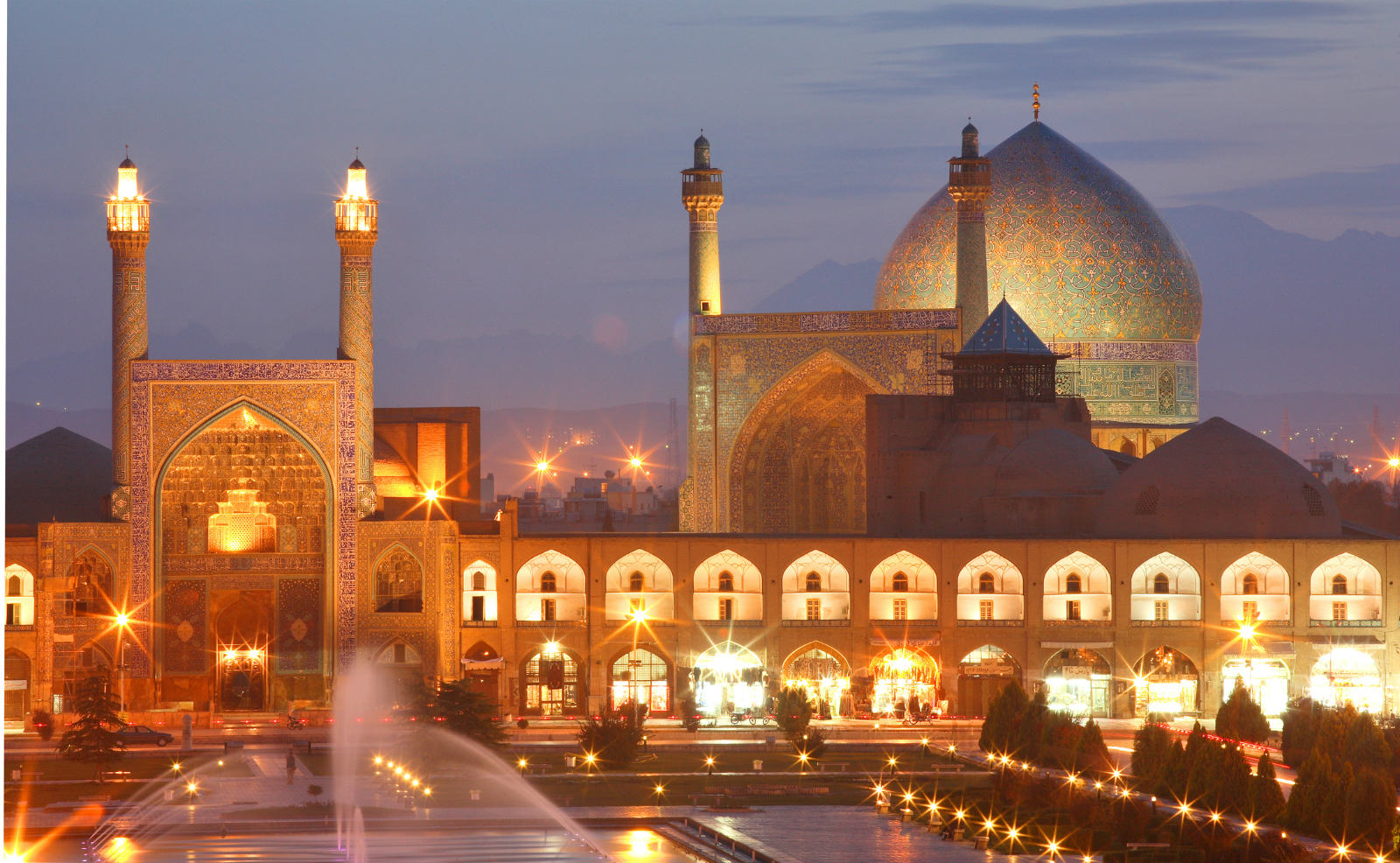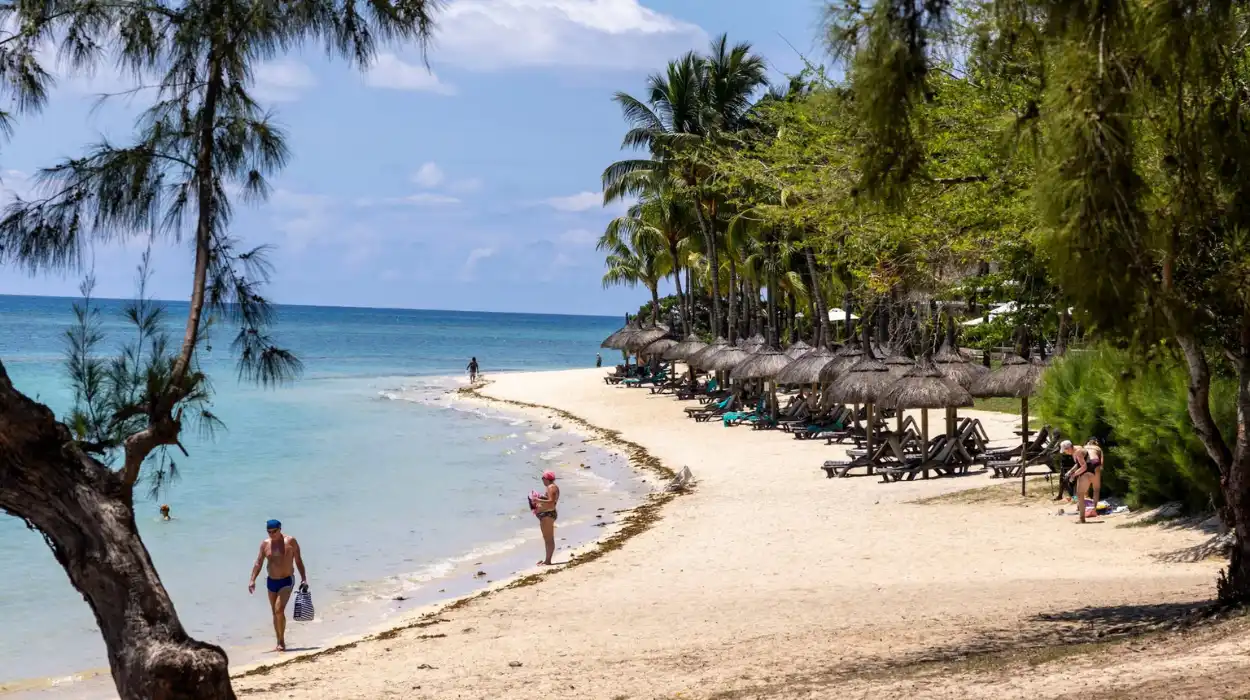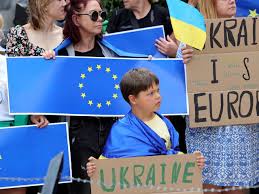
Introduction
The Wagner Group, a private military company originating from Russia, has captured global attention due to its involvement in conflicts from Ukraine to Africa. Recognised for its clandestine operations and connections to the Kremlin, the Wagner Group raises critical questions about the intersection of private military power and state authority. Understanding its current status is crucial not only for grasping Russia’s military strategy but also for predicting potential geopolitical ramifications.
Recent Events and Operations
As of October 2023, the Wagner Group’s activities have notably increased in various African nations, including Mali and the Central African Republic. Following the group’s brief uprising against the Russian government in June 2023 led by Yevgeny Prigozhin, analysts suggest they have reoriented their focus towards expanding influence in Africa. This shift is seen as part of a strategy to solidify control over resource-rich regions and counter Western influence.
Additionally, reports indicate that the Wagner Group is involved in training local militias and providing military support to authoritarian regimes. In Mali, the group has been instrumental in battling insurgent factions, although these actions raise concerns over human rights abuses and the potential exacerbation of local conflicts.
The Impact on Global Geopolitics
The resurgence of the Wagner Group has implications for global security and diplomacy. Its operations can be viewed as a means for Russia to maintain a foothold in foreign states while denying direct military involvement. This can complicate international relations, especially with Western nations critiquing the group’s activities as a form of neocolonialism.
Furthermore, the presence of the Wagner Group in Africa has sparked concern over the destabilisation of already fragile nations and the potential for violence to spill across borders. The African Union and various international bodies are now facing the challenge of addressing these conflicts while navigating the complex political landscape.
Conclusion
The Wagner Group remains a potent force in contemporary military and political arenas, embodying the complexities of state-sponsored private military operations. As they continue to expand their reach in Africa, the international community must stay vigilant, examining the balance between realpolitik and humanitarian considerations. Ongoing developments will be vital in understanding not only the Group’s future but also the broader implications for international stability and security.
You may also like

Key Developments and Current Events in Iran

